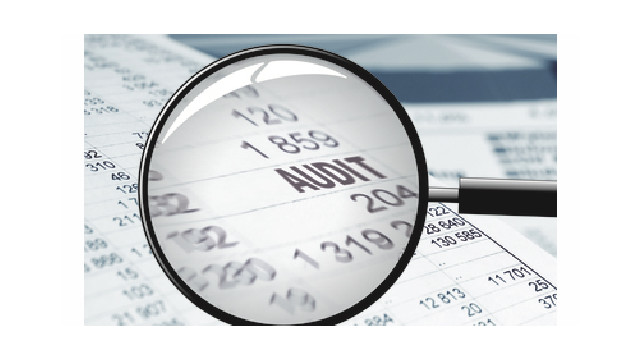With “we’re closed” signs up around the country and the now broken line between work and home life, it’s difficult to imagine how any industry could make strides toward innovation and efficiency during the COVID-19 pandemic. Undoubtedly, as the pandemic took hold in the U.S. and we were forced suddenly to make our homes our offices (and in parents’ case our schools too) it was difficult to do anything more than keep the ship afloat.
In time, we’ve grown to acknowledge and accept the work from home challenges we’re all facing – from screaming children, to barking dogs, to unstable internet connections, to doorbells announcing countless Amazon deliveries. We’ve also embraced a new level of flexibility and fluidity, for better or worse. It’s important that we find time to invest in ourselves to avoid burnout. I know firsthand how difficult disconnecting can be. My husband’s out of office message literally reads, “I’m on vacation, but due to COVID-19 I’m a whiffle ball throw away from my laptop so give me a call if you need me.”
All the lessons we’ve learned from the pandemic so far have played a role in disrupting the status quo and the same holds true for the auditing profession. As those in the profession are all too aware, we have audited the same way for decades. Despite living in a world where data and technology is everywhere, the auditing function has been the slow to change.
Prior to COVID-19, a distinct shift had started to occur as clients saw an opportunity for accountants to audit differently and analyze the full depth of available financial information in order to access more valuable insights to guide their business strategies. Clients also realized that they could benefit if accountants utilized technology solutions instead of working onsite taking up their conference room space for several weeks at a time. While auditing professionals were hesitant to make these changes and shift away from their longstanding methods, COVID-19 made change inevitable.
In order to prepare for the future, accounting firms are realizing that they need to build tech-savvy teams who can respond faster and more efficiently. The world is changing, and the audit of the future is going to require more than just CPAs. Firms need to diversify and prepare their people, providing them with the technology experience and knowledge necessary to perform audits in a different way. Firms also need to reemphasize and prioritize critical thinking skills, encourage their teams to use data to generate deeper insights. Additionally, whether in person or remote, a healthy sense of professional skepticism is always important in auditing, but even more so when you aren’t physically with someone. Communication skills are also increasingly important among both teammates and clients as face-to-face interaction dwindles.
This guidance and enhanced skillset apply not only to auditors, but to all teams in a remote work environment. As a partner who’s constantly thinking about solutions for the challenges my teams face, I recommend that other leaders:
- Think about and define a future workforce strategy based on what we now and with opportunity to reevaluate and adapt as needed in the future.
- Remember the basics of leadership and establishing clear communication around how and when your team members can work. Being agile and resilient is the new normal way we all need to work regardless of what profession you’re in.
- Manage productivity and be in touch with your teams. Understand how different people work best and are at their most productive. Check in with your teams to understand their strength and weaknesses. Don’t be afraid to involve other experts to help solve problems.
When the pandemic first hit, productivity was expectedly down, but we’re adjusting to the new normal and finding ways to use the changes to our advantage personally and professionally. The transition has afforded us the opportunity to work longer hours with no commute time and no restaurants open for long lunches; but it’s also given many the opportunity to spend more time with loved ones as well. At the start of the COVID-19 outbreak, we were all reactive, but now is the time to be proactive and emerge from this pandemic in a stronger position.
Without diminishing the challenges and tragedy experienced worldwide in the past several months, I believe this pandemic has advanced the accounting profession at least five years ahead. It’s forced us to change, because well, we had no choice! It’s forced us to think about different ways to audit. It’s forced our people to use technology when being on site at a client wasn’t an option. In those changes (that may have been difficult to navigate at first), we’ve found more efficient and forward-thinking ways of working and thinking that will serve us well for years to come.
=======
After spending nearly 17 years at PwC, Jen joined The Bonadio Group as the firm’s Director of Audit Innovation. Jen is responsible for bringing new tools and technology to the firm, thinking about ways to do things more efficiently and effectively, all while delivering Bonadio’s best-in-class client service.
Thanks for reading CPA Practice Advisor!
Subscribe Already registered? Log In
Need more information? Read the FAQs




